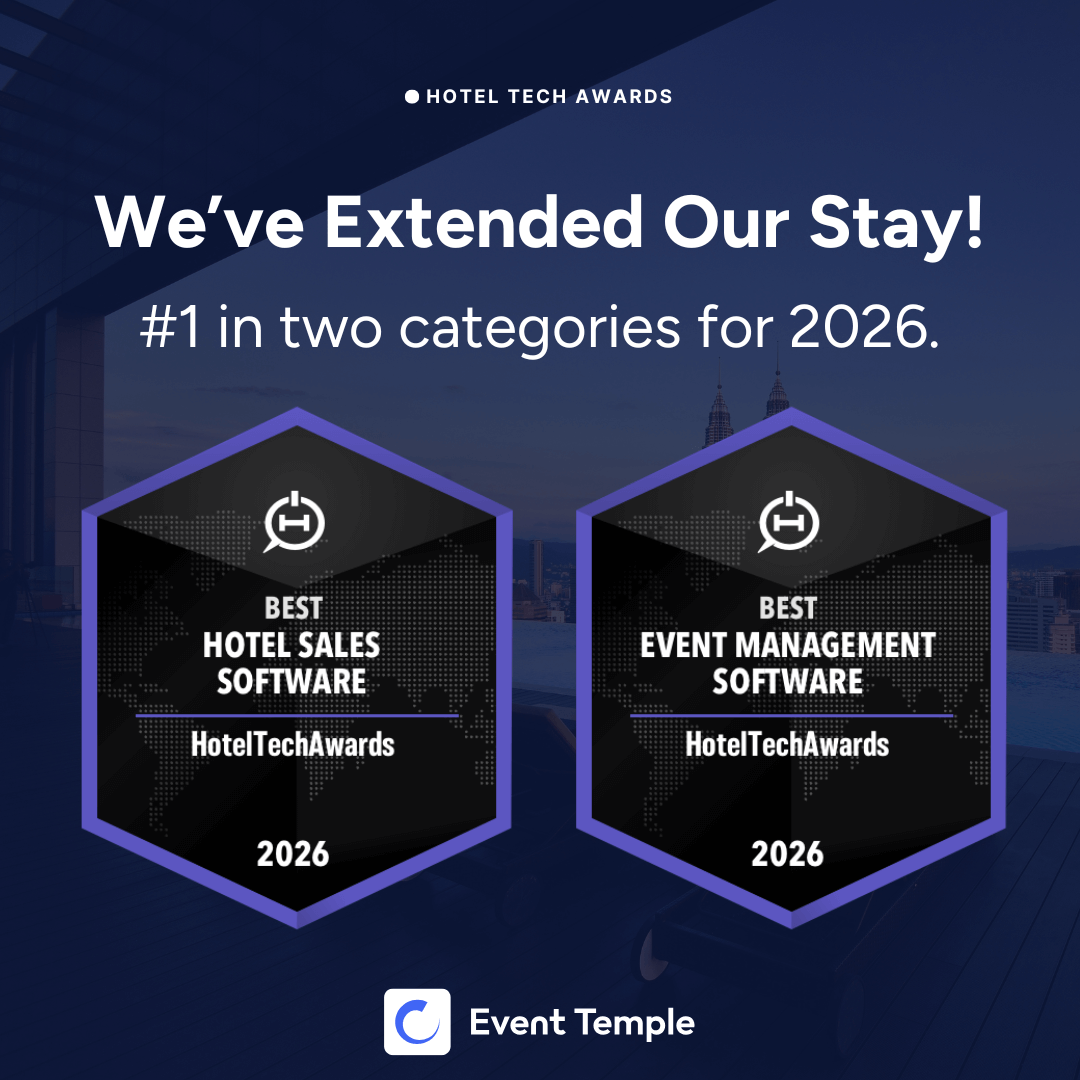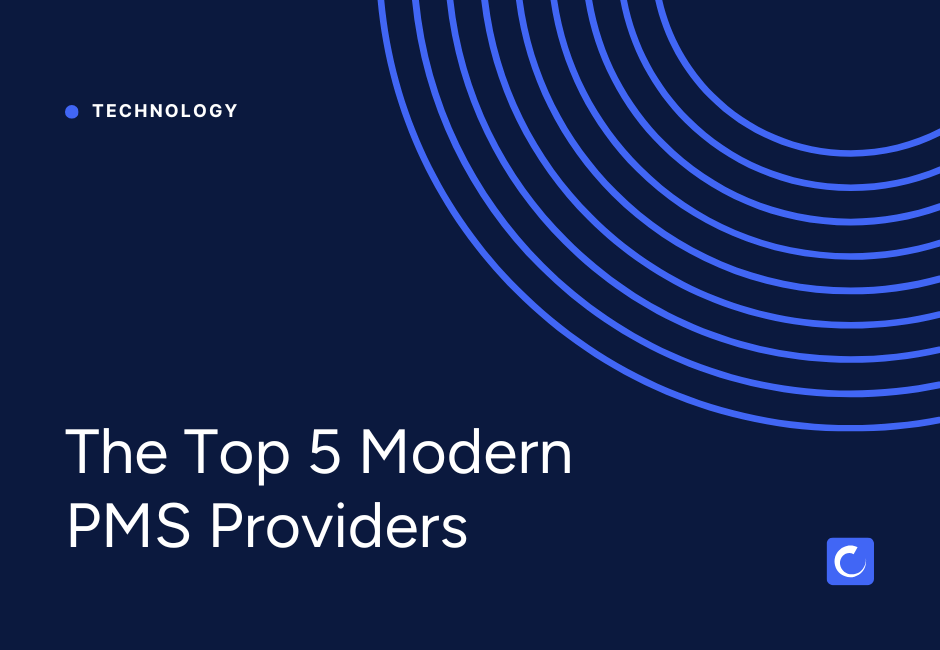
Business Travel + Leisure Travel = Bleisure Travel
Recently, there has been a significant increase in the number of extended hotels stays by corporate travelers, but why? Corporate employees like working from a comfortable setting in their preferred location to finish business and enjoy their leisure time afterward. Given these circumstances, employees want to extend their business trip to cherish a mix of business and pleasure. As of September 2022, 41% of the employees are keen on combining their business trips with leisure activities. The likelihood of bleisure travel automatically increases if the individual hasn't taken a vacation in a while. Imagine how wonderful it would feel to roam around in a foreign city after spending so much time working.
Bleisure Travel, as the name suggests, combines business and leisure travel. It is an emerging travel trend in which work commitments are paired with entertainment. Although this idea came to light about ten years ago, it is still evolving.
Before the pandemic, the idea of "bleisure travel" was just a millennial trend, but recently, as the popularity of flexible work schedules and working from home increased, "bleisure travel" became more mainstream. It is accepted by people of all ages and from a variety of professions. According to the report "Bleisure Tourism Market Outlook (2022-2032)," the bleisure tourism market is anticipated to develop at a 19.5% CAGR (Compound Annual Growth) over the following ten years, reaching US$ 497.5 billion in 2022. It is amazing that the market for bleisure travel makes up 30% to 35% of the global market for business travel.
This blog will give you more detailed insights into the idea of bleisure travel, often known as ‘blended travel’ or ‘bizcation’, the distinction between workation and bleisure travel, and lastly, we’ll talk about the effective strategies to promote bizcation. Let’s get going, shall we?
What is Bleisure Travel, and why is it beneficial for the hospitality sector?
In bleisure travel, business travelers primarily extend their stay to enjoy various leisure activities, such as sightseeing, going to events, hiking, swimming and many more. When corporate personnel travel for business-related reasons, indulging in some leisure activities enhances their morale and reduces stress, helping to boost productivity.
Imagine yourself on a three-day business trip to Miami. You are exhausted from your monotonous work, and you need some time to rejuvenate and appreciate the area you have been to. You would undoubtedly love to extend your trip and get some well-deserved vacation time to enjoy their well renowned beaches, wouldn't you?
Since the spending of business travelers is increasing year after year, bleisure travelers are crucial to hoteliers. This suggests that there is a high possibility that bleisure travelers spend most of their budgets on recreational activities over the remaining days of their vacation, enhancing the hotel's earnings. According to research conducted by Expedia, 66% of bleisure travelers reported increased spending on recreational activities due to the money they saved on travel. In addition, bleisure travelers frequently bring their families along, which presents an opportunity for you as a hotelier to serve several customers simultaneously.
Bleisure Travel Vs Workation
Bleisure Travel and Workation are often used interchangeably. These are the two sides of the same coin, but these two have significant differences. Let’s look at them one by one.
What is a workation?
Workation is one of the latest travel trends and has also been on the rise. It is similar to taking a vacation but with a working component. For instance, an employee chooses to visit New York because she not only knows that the city offers so many attractions but is also aware that there will be no technical issues with her access to high-speed internet for conducting business calls while she is there. Furthermore, the employee can complete her daytime duties remotely from her desired location without taking paid time off.
Simply put, in workation, you are stepping away from your workstation, not your actual work. The duration of visits can last for as long as a month. Workations can be arranged by the employee (solo workation) or the company (group workation).
What is Bleisure Travel?
When compared to workations, bleisure travel is a different concept. In this travel trend, an employee extends his business trip to enjoy himself and leverage the perks of spending time in a new area. In bleisure travel, the length of stay generally extends to a few days or a few weeks, and the company often chooses the accommodation, which is fully paid for by the company.
Now that we have a better understanding of how bleisure travel differs from workation, let's discuss some tactics hotels can use to capitalize on bleisure travel.
6 Effective Strategies for hotels to encourage bleisure travel
With bleisure travel becoming increasingly popular and with the overall growth of business travel, hotels have enormous opportunities to boost their revenue. This is an exciting and rewarding market for hoteliers, and there are many ways to cater to bleisure travelers. So let’s talk about them, shall we?
1. Availability of work-centric infrastructures
Leisure is something that bleisure travelers look for when booking a hotel, but that is only a secondary consideration. Work is the topmost priority on their to-do list. Therefore, besides a comfortable stay, bleisure travelers often look for facilities and infrastructures that support their remote working.
In simple terms, they require high-speed internet, co-working spaces, IT accessories, and stationery to complete their work. Hence, as a hotelier, ensure that your hotel has a stable and fast internet connection, multiple workspaces, conference rooms, spare laptops, IT accessories and plenty of stationery items. Having these in place will demonstrate how attentive to detail the hotel is and how much it regards its guests' demands.
2. Extend the corporate travel program discounts
Since these bleisure travelers are constantly looking for ways to save costs, it is advisable to provide more discounts if your hotel already has a corporate travel program that offers discounts to people flying for business. For instance, the bleisure travelers will search for hotels and lodgings that allow employees to book additional nights at the pre-set corporate rate following the company travel policy. Specifically, the conference hotels should include a few days before and after the event in the discussed discounted cost.
The participants will be encouraged to arrive earlier, stay longer, and bring more visitors. You can also provide group rate discounts, which the guests will appreciate well. These extended discounts will create a good impression of your hotel in front of bleisure travelers, who will consider your hotel for their next booking.
3. Choose the best distribution channel
As a hotelier, it is essential to use the distribution channels that your target market of bleisure travelers uses. The best example of this would be to work with corporate travel agents who assist the bleisure travelers in planning out the entire business trip. These travel agents specialize in arranging and planning business trips for their clients.
Keep in close touch with the corporate travel agents and inquire about the events that will likely demand a lot of travel to your town, such as conferences, union negotiations, and on-site training. Create a list of potential clients searching for accommodation for their business-related trip in your locality. Then, make yourself visible to them by directly contacting them or through social media promotions.
4. Showcase ‘must-do’ activities in your locality
Promoting unique events at your location can also persuade leisure travelers to extend their stay. For example, you can promote notable attractions close to your hotel, renowned restaurants, places to go out, breathtaking beaches or mountain vistas, or hiking trails to check out. There is a high possibility that after finishing their work, travelers will extend their stay and explore things based on your recommendation.
5. Conduct surveys and encourage one-on-one conversations
Engage directly with the bleisure travelers by sending them surveys and promoting one-on-one conversations upon guest arrival. Through surveys and one-on-one conversations, try finding out when their current business is ending and when the next business trip will happen. Getting hold of this information helps to convince the travelers to stay a bit longer and enjoy the amenities at your premises and to make bookings with you in the future. Always keep in mind to constantly engage and maintain a close relationship with your top corporate accounts contacts. Nourishing the existing relationship helps elevate guest loyalty and repeat business from bleisure travelers.
6. Leverage Loyalty Programs
Use your hotel's loyalty program, if it has one, to attract bleisure travelers. To make it clear, let's use the example of a company that registered for your loyalty program after making a bleisure travel booking with your hotel the previous year. The company is planning to send 20 of its employees to your hotel this year to do business and take some time off. The loyalty program will assist your hotel in obtaining repeat business in this case. The company can utilize its membership card to take advantage of your hotel's benefits. Having loyalty programs will not only boost repeat business but will also increase customers’ loyalty.
Wrapping Up
Since bleisure travel is here to stay, hoteliers must offer experiences specifically tailored to business travelers' changing needs. This will encourage them to stay longer at your hotel premises, boosting revenue and fostering repeat business. After reading this blog, we hope you clearly understood the concept of bleisure travel. Please let us know which strategy was effective for your hotel in attracting and retaining bleisure travelers.



